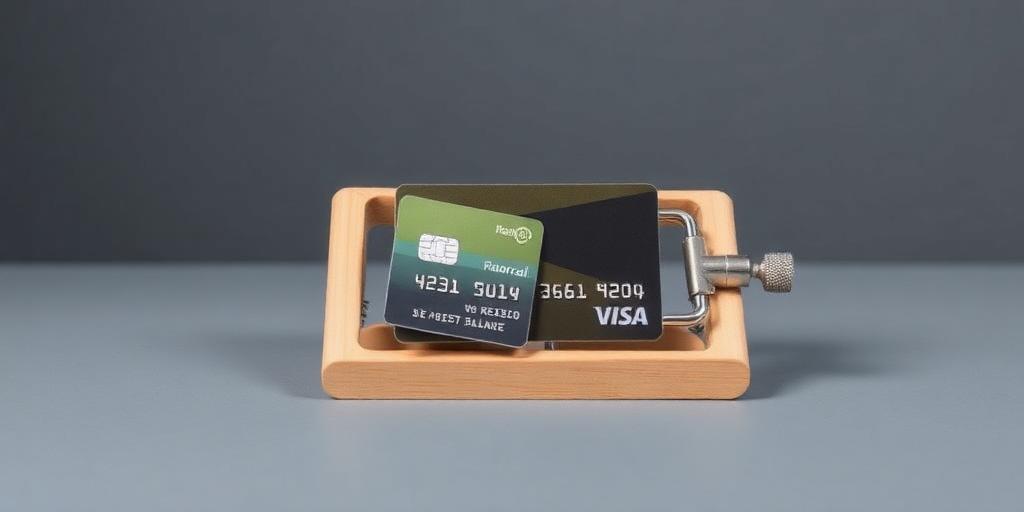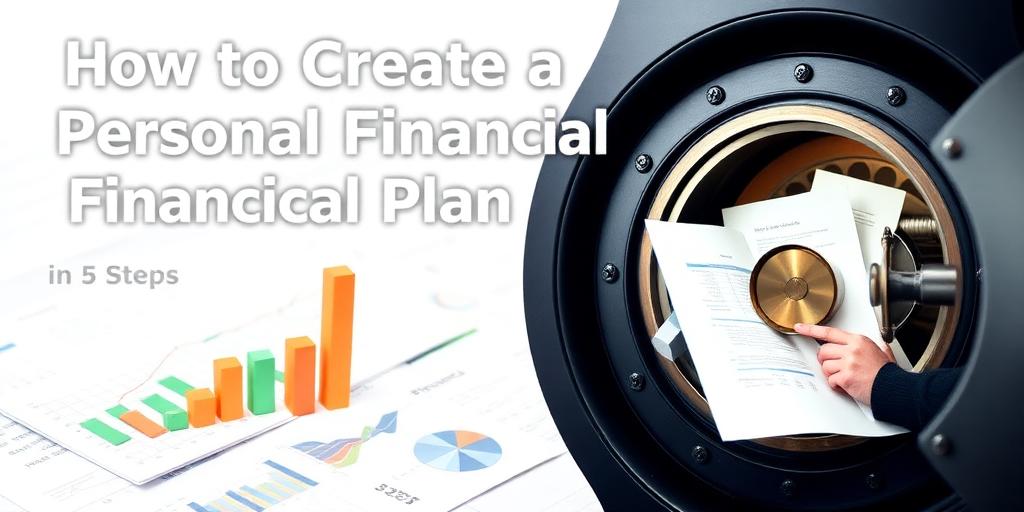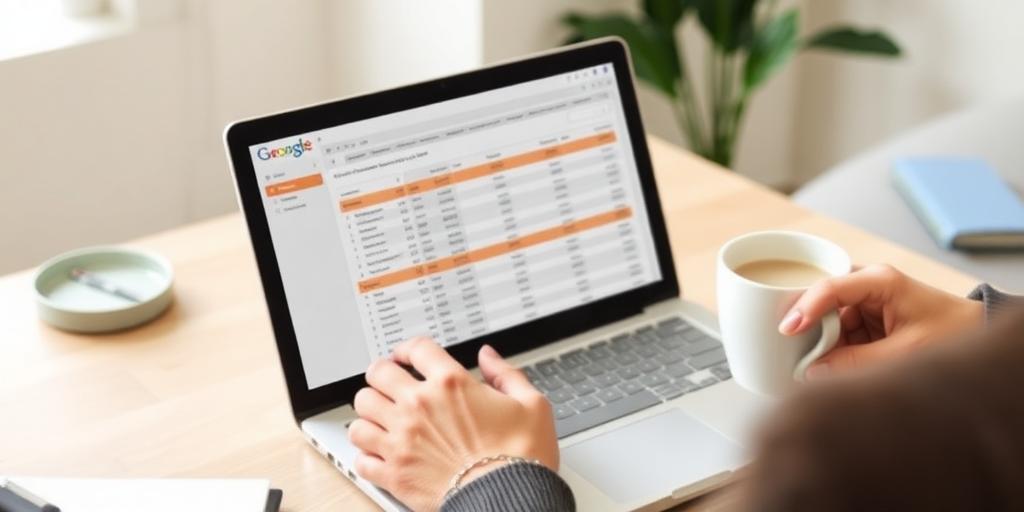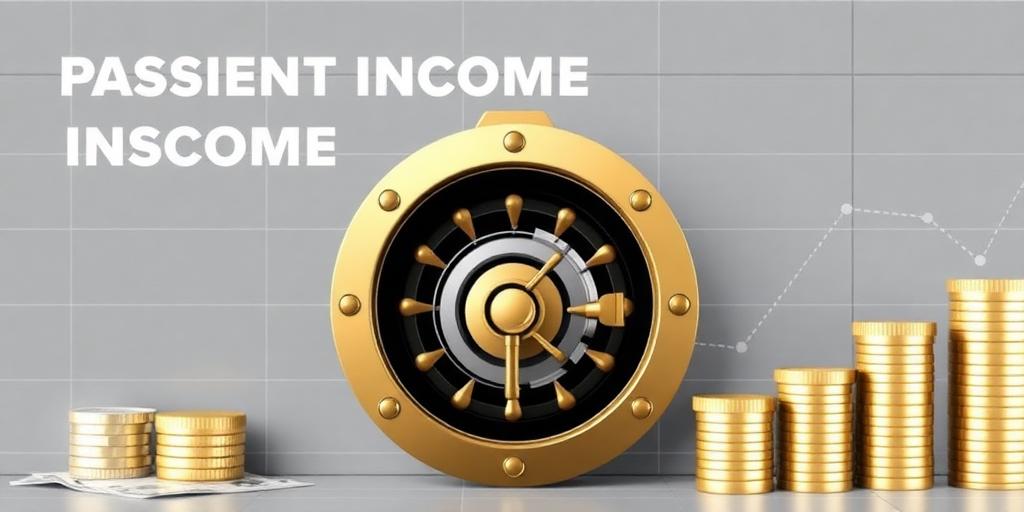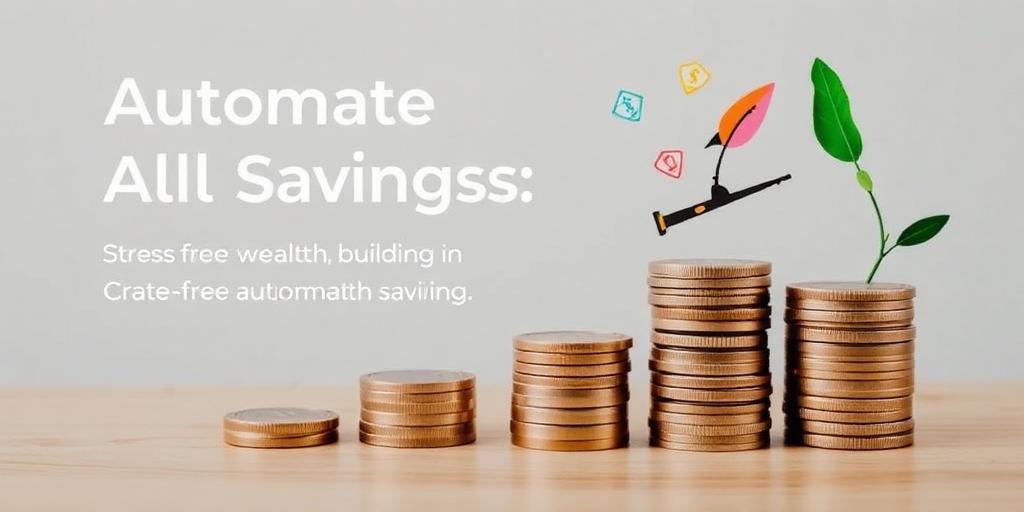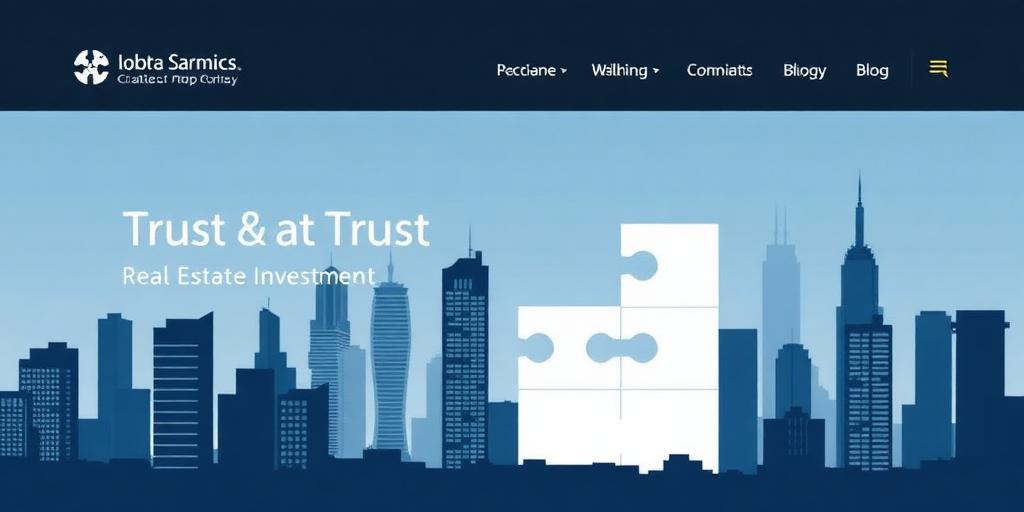Why Paying the Minimum Balance Is a Financial Trap
In the realm of personal finance, credit cards can be powerful tools, offering convenience and rewards. However, they can quickly become a source of financial distress if not managed responsibly. One of the most insidious traps is the habit of paying only the minimum balance due each month. This seemingly small act can lead to a cycle of debt that is difficult to escape. This post will explore the dangers of paying the minimum balance and provide strategies for breaking free from this financial trap.
The Illusion of Affordability
The minimum payment is the smallest amount you can pay to keep your account in good standing. Credit card companies often present this as a flexible and manageable option, particularly appealing when facing financial constraints. However, this 'flexibility' comes at a steep price. While it may seem affordable in the short term, consistently paying only the minimum extends the repayment period dramatically and significantly increases the total interest paid.
The Mathematics of Minimum Payments
To illustrate the impact, consider a scenario with a $5,000 credit card balance at an interest rate of 18%. If you only make the minimum payment (typically around 2-3% of the balance), it could take decades to pay off the debt. Moreover, the interest paid over this period could exceed the original principal. This happens because a large portion of each minimum payment goes toward covering the accrued interest, leaving very little to reduce the principal balance. The longer you take to repay, the more interest accrues, perpetuating the cycle.
The Long-Term Consequences
- Increased Interest Costs: The most immediate impact is the accumulation of interest. The longer you take to pay off the balance, the more interest you'll pay, turning a $5,000 debt into a $10,000 or even $15,000 liability over time.
- Extended Repayment Period: What seems like a manageable debt can linger for years. This extended repayment period can postpone significant life goals, such as buying a home, investing in retirement, or starting a family.
- Damaged Credit Score: While making minimum payments keeps your account in good standing, it doesn't improve your credit score significantly. High credit utilization (the ratio of your outstanding balance to your credit limit) negatively affects your score. Paying only the minimum keeps your utilization high, signaling to lenders that you are a higher-risk borrower.
- Reduced Financial Flexibility: A substantial portion of your monthly income is tied up in servicing credit card debt, reducing your ability to save, invest, or handle unexpected expenses. This lack of financial flexibility can create additional stress and anxiety.
Strategies to Break Free
- Assess Your Spending: Start by tracking your expenses to identify areas where you can cut back. Reducing discretionary spending, such as dining out or entertainment, can free up funds to allocate toward your credit card debt.
- Create a Budget: Develop a budget that prioritizes debt repayment. Allocate a specific amount each month to pay down your credit card balance, aiming to pay more than the minimum.
- Debt Avalanche or Snowball: Consider using the debt avalanche or snowball method. The avalanche method involves paying off the debt with the highest interest rate first, saving you money in the long run. The snowball method involves paying off the smallest debt first, providing psychological wins that motivate you to continue.
- Balance Transfers: Look into transferring your balance to a credit card with a lower interest rate or a 0% introductory APR. This can significantly reduce the amount of interest you pay and accelerate your repayment.
- Debt Consolidation Loans: Explore the option of a debt consolidation loan, which combines multiple debts into a single loan with a fixed interest rate. This can simplify repayment and potentially lower your interest costs.
- Negotiate with Creditors: Contact your credit card company to negotiate a lower interest rate or a payment plan. Some companies are willing to work with you, especially if you are experiencing financial hardship.
Conclusion
Paying only the minimum balance on your credit card is a deceptive financial trap that can lead to long-term debt and financial instability. By understanding the mathematics and consequences of minimum payments, you can take proactive steps to break free from this cycle. Assess your spending, create a budget, explore debt repayment strategies, and consider balance transfers or debt consolidation loans. With diligence and determination, you can regain control of your finances and secure a more prosperous future.

